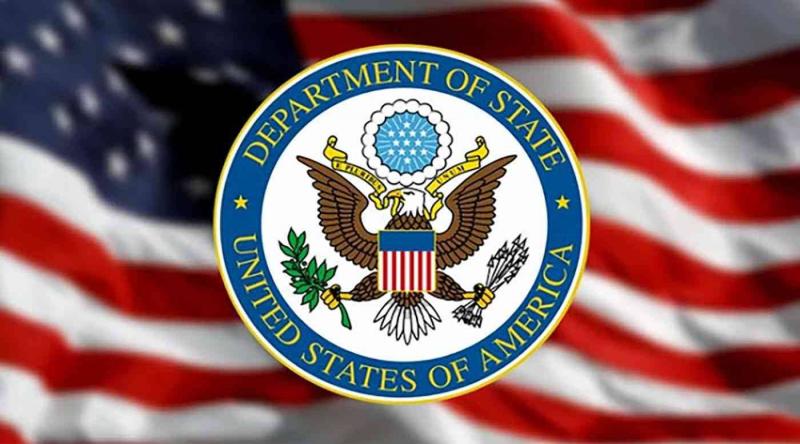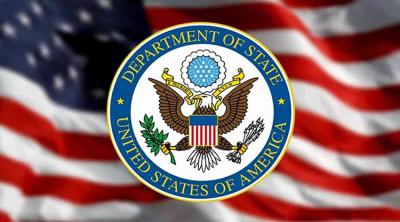The newspaper "Call of the Nation" reported: "Benz" joined the list of essential supplies cut off in the country yesterday, with the announcement of halting the supply of anesthesia drugs to hospitals, which will directly affect patients needing surgeries. Meanwhile, the authorities continue to dismantle the country, deepening the wounds of its citizens without pain relief or "morphine," except for the recent reassurance from the Ministry of Health to replace the available "morphine" with an alternative drug that falls "within the same therapeutic category."
Given that the situation in Lebanon has become despairing under the control of the ruling clique, the return of Gulf countries to Beirut represented a dose of "oxygen" aimed at providing its people with vital social assistance to help them withstand the crisis. This effort comes through the Saudi fund announced in cooperation with France to provide humanitarian support to Lebanese citizens and achieve a minimum of living stability for them, utilizing a mechanism that has begun to be implemented without involving any of the state's official channels or institutions, due to a lack of trust and transparency standards.
In this context, sources following this file indicated Ambassador Walid Bukhari’s activities since resuming his diplomatic duties in Lebanon. They clarified that his tour of officials falls under "purely protocol matters" and that his visit to Baabda Palace yesterday for a "quarter-hour" meeting with President Michel Aoun aims to "confirm the Kingdom of Saudi Arabia's commitment to stand by the Lebanese people in their ordeal, regardless of its stance on the political class in the country."
"Call of the Nation" learned that during the "protocol meeting" with Aoun, the Saudi ambassador briefed him on the operational mechanism of the Saudi-French joint fund designed to provide humanitarian support in Lebanon. He also expressed the Kingdom's readiness to activate bilateral relations that serve the Lebanese people's interest and assist them in their difficult circumstances. Sources close to the presidential circles indicated that the meeting was characterized by "friendly atmospheres, especially since Ambassador Bukhari took the initiative to congratulate the President on the upcoming Easter holiday," expressing hope that the return of Gulf ambassadors to Beirut would bring "future indicators of returning Arab and Gulf support for Lebanon economically and financially, extending a helping hand during this difficult time, as has been the case with his Arab brothers during past Lebanese crises."
For his part, Kuwaiti Ambassador Abdul Aal Al-Qunaie expressed during his visit to the Grand Serail yesterday that his country hopes "the hardship faced by the brotherly Lebanon will diminish," pointing out after meeting Prime Minister Najib Mikati that "the return of diplomatic relations and the reinstitution of ambassadors (from the Gulf) serve as an indicator of the success of the Kuwaiti initiative," based on the shared conviction between the two countries that "their history and fate are higher and more important than anything else," wishing that what happened in the previous period becomes "a passing cloud" followed by solutions leading to "more closeness and cooperation."
Simultaneously, the attention was drawn yesterday to the report issued by the U.S. State Department regarding "human rights," which illuminated "the presence of serious high-level and widespread official corruption" in Lebanon. It detailed credible information regarding "serious political interference in the judicial system and judicial affairs, and imposing severe restrictions on freedom of expression and the media, including violence and threats of violence or unjustified arrests or judicial prosecutions against journalists." The report noted that "government officials enjoyed a degree of impunity for human rights violations, including evading judicial processes or influencing them." Additionally, it stated that there were "reports from human rights groups confirming that the government or its agents committed arbitrary or unlawful killings," as well as information indicating that "non-governmental entities such as Hezbollah and non-governmental Palestinian militias manage unofficial detention facilities," along with "cases of killings of prominent critics of Hezbollah in Lebanon."
In parallel, the U.S. State Department's "Rewards for Justice" program circulated a photo of a Lebanese businessman, Mohammad Ibrahim Bzayy, accused of running multi-million dollar businesses in Gambia for the benefit of Hezbollah, offering a financial reward of up to $10 million for any information about Bzayy's activities in this context.




